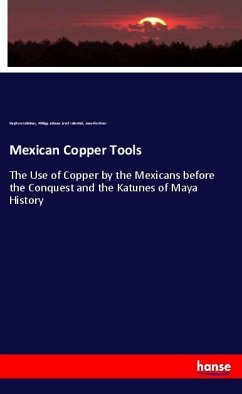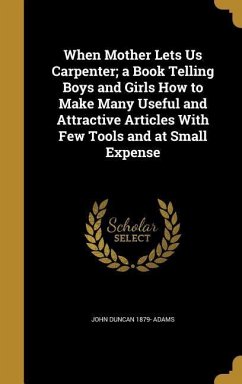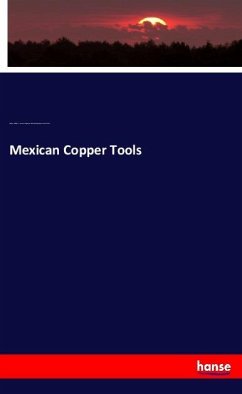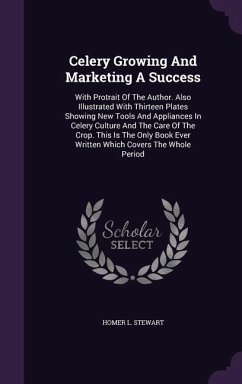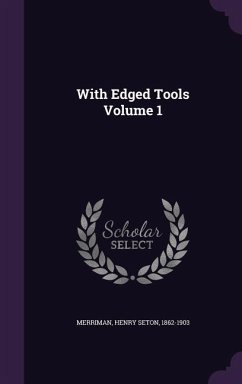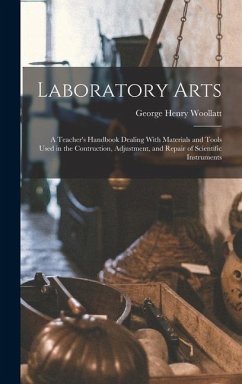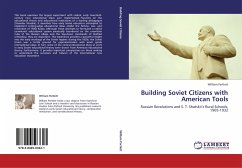
Building Soviet Citizens with American Tools
Russian Revolutions and S. T. Shatskii's Rural Schools, 1905-1932
Versandkostenfrei!
Versandfertig in 6-10 Tagen
52,99 €
inkl. MwSt.

PAYBACK Punkte
26 °P sammeln!
This book examines the largest experiment with radical, early twentieth-century new educational ideas ever implemented. Focusing on the educational theory and educational institutions of a leading pedagogue (Stanislav Shatskii), it describes how early Soviet educators attempted to implement cutting-edge educational ideas amidst the famine, war, and revolution of 1920s Russia. Although these attempts to formulate a radical communist educational system eventually foundered on the unwritten rules of the Russian village and the top-down commands of Stalinist orthodoxy, they are important. This exp...
This book examines the largest experiment with radical, early twentieth-century new educational ideas ever implemented. Focusing on the educational theory and educational institutions of a leading pedagogue (Stanislav Shatskii), it describes how early Soviet educators attempted to implement cutting-edge educational ideas amidst the famine, war, and revolution of 1920s Russia. Although these attempts to formulate a radical communist educational system eventually foundered on the unwritten rules of the Russian village and the top-down commands of Stalinist orthodoxy, they are important. This experience provides a powerful insight into the early workings of the Soviet regime: during the 1920s, the Soviet Union was a fertile ground for experimentation with avant garde international ideas. In fact, some of the central educational ideas at work in early Soviet educational theory were drawn from American educational theory. Furthermore, it provides important perspectives on those seeking to understand the successes and failures of the international new education movement.



